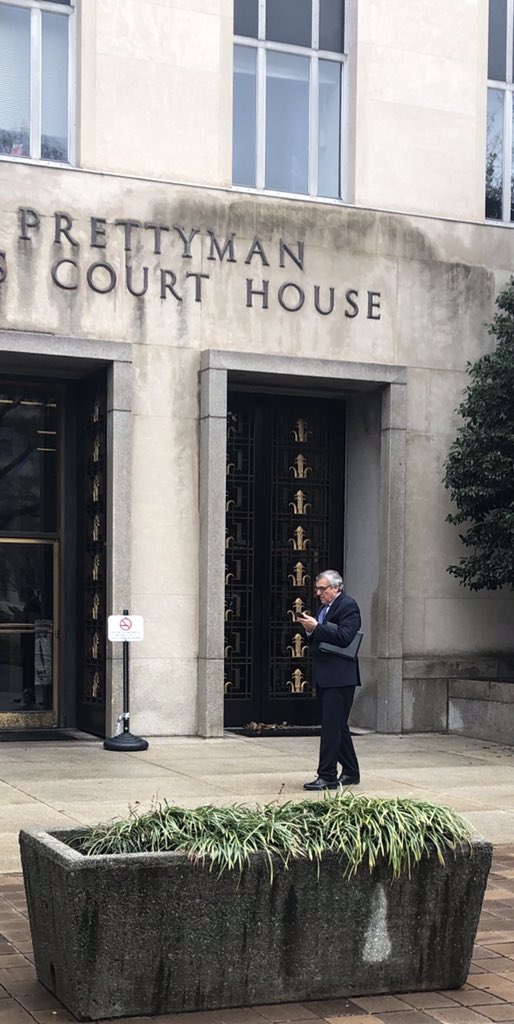Force majeure, which literally translates from French as “superior force” is a legal doctrine under which a party may be relieved from liability or non-performance when acts of God such as floods, earthquakes, wars, terrorism, government restrictions
-It must be beyond the affected party’s control
-It must not be reasonably foreseeable by the affected party
-The effects of such an event cannot be avoided by the affected contracting party taking appropriate measures.
The coronavirus outbreak presents an inimitable situation because it is a blend of both a naturally occurring component (the virus) and a government action component (mandatory quarantine measures).
Where a contract has specific provisions which include pandemics, disease or outbreaks as force majeure events, there is usually no issue as such clause would ordinarily provide for the steps to be taken
In Nigeria, what constitutes a force majeure, like is the case in the US is largely dependent on the parties’ contract.
Certain contracts may also specify that parties take reasonable steps to overcome a force majeure event. What is “reasonable” will however be subjective as considerations such as the nature of the contract,
4. Parties should work together to try to mitigate damages.
Typically, a force majeure event is any circumstance, not within a party’s control. In our experience, many contracts have a template list of what constitutes force majeure such as Acts of God, terrorism, war etc.




